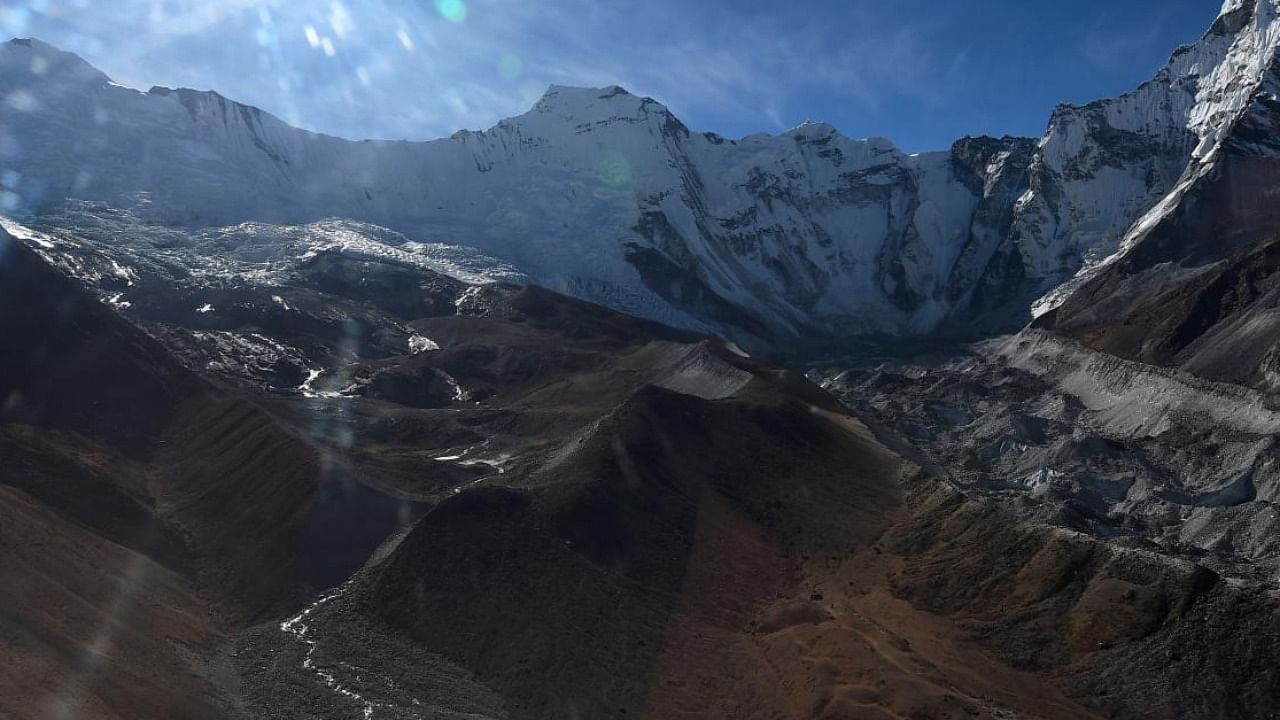
The recommendations made by a parliamentary standing committee on the study and management of Himalayan glaciers underline the increasing realisation of their importance in climate control and other aspects of life. The Committee on Water Resources has, in a report submitted last week, highlighted the ‘strategic’ role of glaciers as a vital national resource, and recommended the setting up of an overarching apex body for their management. It has proposed a dedicated Mountain Hazard and Research Institute to oversee and coordinate work done by various organisations in all areas related to glaciers. The melting of glaciers in the Himalayas is said to be a result of global warming, but there is still no reliable data on the extent and speed of melting. At present, various departments and agencies of the government are involved in the study and analysis of data and that is a major handicap.
Scientists have observed that glaciers have been losing their volume, especially since 1950. But the data have varied. The government told parliament last February that Himalayan glaciers had lost ice 10 times more quickly over the last few decades than the average. Different agencies like the Geological Survey of India, the Ministry of Mines, the Ministry of Environment, the Department of Science and Technology and ISRO are involved in the study of glaciers. The committee has felt that “fragmented research and studies will not yield desired results… and may not necessarily convert into actionable steps.” It has therefore put forward the idea of an agency which has a specific mandate, and can take up the responsibility of coordinating the activities of all the departments and agencies involved in Himalayan glacier monitoring and research work. The committee has sought action based on its report within three months.
Agencies outside the country have also studied the depletion of glaciers caused by global warming. There are observations and conclusions which have been variously debated and disputed. What is not disputed is the need for comprehensive research on glaciers as the country is most affected by their melting. All the major rivers in North India and Pakistan are fed by glaciers. The lives of millions of people depend on these rivers. Last year’s devastating floods in Pakistan and the 2013 floods in Uttarakhand have been among the calamities traced to glacial melting. The committee’s description of the role of glaciers as ‘strategic’ may have other connotations also. India needs to step up research in this and many other areas in keeping with its needs and status. We should not depend on others’ data, which may not be available and reliable.